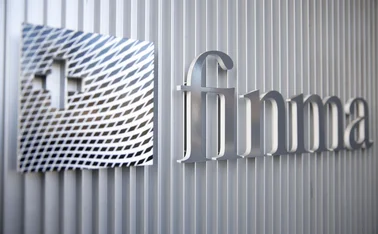
Shadow banking changes macro-prudential trade-offs – BdF paper
Presence of non-banks increases importance of dynamic capital ratios, researcher argues

The shadow banking sector has a major impact on macro-prudential policy, a working paper published by the Banque de France finds.
In Welfare-based optimal macro-prudential policy with shadow banks, Stefan Gebauer presents a dynamic stochastic general equilibrium model for the eurozone. The model simulates a financial sector where credit can leak towards unregulated non-bank financial institutions.
The presence of NBFIs, or “shadow banks”, raises the importance of credit stabilisation for
Only users who have a paid subscription or are part of a corporate subscription are able to print or copy content.
To access these options, along with all other subscription benefits, please contact info@centralbanking.com or view our subscription options here: http://subscriptions.centralbanking.com/subscribe
You are currently unable to print this content. Please contact info@centralbanking.com to find out more.
You are currently unable to copy this content. Please contact info@centralbanking.com to find out more.
Copyright Infopro Digital Limited. All rights reserved.
As outlined in our terms and conditions, https://www.infopro-digital.com/terms-and-conditions/subscriptions/ (point 2.4), printing is limited to a single copy.
If you would like to purchase additional rights please email info@centralbanking.com
Copyright Infopro Digital Limited. All rights reserved.
You may share this content using our article tools. As outlined in our terms and conditions, https://www.infopro-digital.com/terms-and-conditions/subscriptions/ (clause 2.4), an Authorised User may only make one copy of the materials for their own personal use. You must also comply with the restrictions in clause 2.5.
If you would like to purchase additional rights please email info@centralbanking.com







